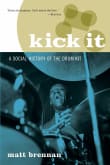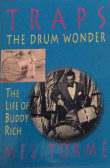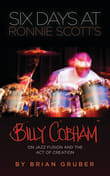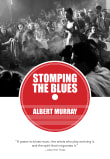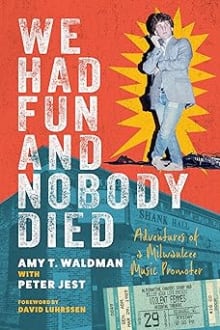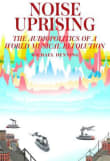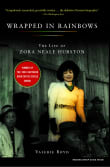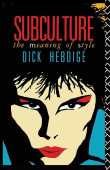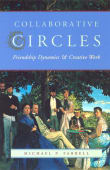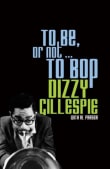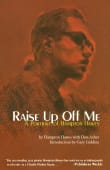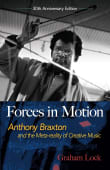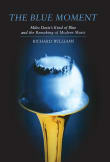Thinking in Jazz

Book description
This text reveals how musicians, both individually and collectively, learn to improvise. It aims to illuminate the distinctive creative processes that comprise improvisation. Chronicling leading musicians from their first encounters with jazz to the development of a unique improvisatory voice, Paul Berliner demonstrates that a lifetime of preparation lies behind…
- Coming soon!
Why read it?
3 authors picked Thinking in Jazz as one of their favorite books. Why do they recommend it?

How do jazz musicians think about what they are doing when they are improvising within a group? How do they learn to do such a thing in the first place – going their own way, but still going there together?
This is an immersion into the minds of musicians, starting with their earliest days and going through the rigors of learning their craft and then mastering it. The combination of discipline and freedom, hard work and wild inventive joy, finding an individual voice, and being part of the larger whole – the things that make improvisation a breath-taking artistic high-wire…
From Katherine's list on maverick creativity.

Christopher Hall made a convincing case that we should think of music not as a thing but as a social activity: musicking. No book does a better job getting inside jazz musicking than Thinking in Jazz. Paul Berliner is a veteran musicologist and trumpet player who spent 15 years embedded in the world of jazz, learning to play jazz and carrying out interviews with dozens of musicians, including the likes of Art Farmer, Max Roach, Lee Konitz, James Moody, Tommy Flanagan, Emily Remler, Barry Harris, Doc Cheatham, Carmen Lundy, and Wynton Marsalis. He analyzes musical examples drawn from the…
From David's list on the social history of jazz.

This book is about collective collaboration and how musicians learn to improvise. Berliner interviews more than fifty professional musicians from whom it’s clear that improvisation requires a very high level of musical and social cooperation. He explores the alternative ways - aural, visual, kinetic, verbal, emotional, and theoretical - in which these performers conceptualize their music and describes the delicate interplay of soloist and ensemble in improvisation.
Berliner's skillful integration of data concerning musical development, the rigorous practice and thought artists devote to music outside of performance, and the complexities of composing in the moment leads to a clearer understanding…
From Bill's list on why drummers do what they do.
If you love Thinking in Jazz...
Want books like Thinking in Jazz?
Our community of 12,000+ authors has personally recommended 100 books like Thinking in Jazz.

